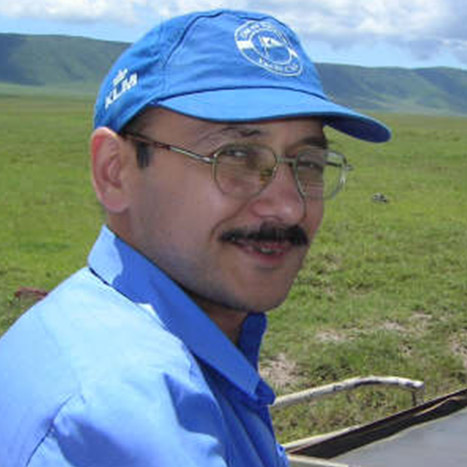Our Speakers
Proudly introducing our speakers
Dmitri Bondarenko
Dmitri Bondarenko is Deputy Director of the Institute for African studies of the Russian Academy of Sciences (RAS). Dmitri is a famous Russian anthropologist, historian, and Africanist. He is also Director at the International Center of Anthropology of the National Research University Higher School of Economics, and Full Professor in Ethnology with the Center of Social Anthropology of the Russian State University for the Humanities. He holds the titles of Professor in Ethnology from the Lomonosov Moscow State University, Professor of the Russian Academy of Sciences in Global Problems and International Relations, and Corresponding Member of the Russian Academy of Sciences in History.
Prof. Bondarenko has authored over 500 publications including 7 monographs. His research interests include a wide range of issues, such as: Social theory, anthropological and historical theory, political anthropology, pre-industrial societies, cultures and history of Africa, socio-cultural transformations and intercultural interaction in contemporary world (including ethnic, racial, and religious aspects, migration issues) with special focus on Africa and people of African descent worldwide.
Together with Andrey Korotayev, Dmitri Bondarenko has introduced and elaborated the notion of homoarchy to be coupled with the one of heterarchy, noting that the heterarchy (defined as "the relation of elements to one another when they are unranked or when they possess the potential for being ranked in a number of different ways") is not the opposite of any hierarchy all together, but is rather the opposite of "homoarchy", defined as "the relation of elements to one another when they are rigidly ranked one way only, and thus possess no (or not more than very limited) potential for being unranked or ranked in another or a number of different ways at least without cardinal reshaping of the whole socio-political order".
Basing primarily on the precolonial Benin Kingdom evidence, Bondarenko has elaborated the conception of "megacommunity" as a specific type of the non-state supercomplex society, integration of a supercomplex (exceeding the complex chiefdom level) society on community (and hence non-state) basis being its main distinctive feature. He has contributed to the studies of the state origins and nature by dealing with such aspects of the problematics as the dynamics of kinship and territoriality as principles of socio-political organization, transformations in ideology, and others.
Connect with us
RUDN University
117198, Russian Federation, Moscow Miklukho-Maklaya street,10/2




 Scopus Profile
Scopus Profile